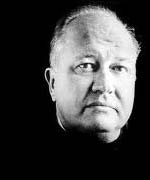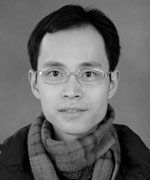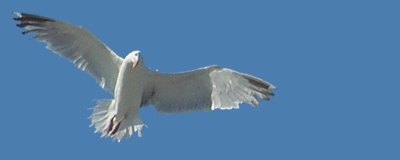
Theodore Roethke
西奥多-罗特克
  With the publication of Open House in 1941, Theodore Roethke began a career which established him as one of the most respected American poets. His subsequent volumes included The Waking (1953), Words for the Wind (1958), The Far Field (1964). With the publication of Open House in 1941, Theodore Roethke began a career which established him as one of the most respected American poets. His subsequent volumes included The Waking (1953), Words for the Wind (1958), The Far Field (1964).
1941年出版的诗集《敞开的房子》标志着罗特克创作生涯的开端,他后来成为美国最受尊重的诗人之一,主要作品有:《醒来》(1953)、《风的词语》(1958)和《远方的田野》(1964)。
|

|

译者
Translator
冯冬
Peter Feng
 
冯冬,1979年生于重庆,南京大学英文系博士毕业,现任教于暨南大学,译过游记《中华帝国纪行》、《亲密接触中国》、小说《蛛网与磐石》等,在海内外诗刊发表作品,与人合著诗集《残酷的乌鸦》(2011),主要研究诗歌、精神分析和当代哲学。
Peter Feng was born in Chongqing, China, in 1979. He has received a Ph.D degree in literature from Nanjing University and currently teaches English at Jinan University. He has co-translated A Journey through the Chinese Empire, Intimate China, and The Web and the Rock, and co-written a book of poems Cruel Raven (2011). His study includes poetry, psychoanalysis, and contemporary philosophy.
|
I
In a shoe box stuffed in an old nylon stocking
Sleeps the baby mouse I found in the meadow,
Where he trembled and shook beneath a stick
Till I caught him up by the tail and brought him in,
Cradled in my hand,
A little quaker, the whole body of him trembling,
His absurd whiskers sticking out like a cartoon-mouse,
His feet like small leaves,
Little lizard-feet,
Whitish and spread wide when he tried to struggle away,
Wriggling like a minuscule puppy.
Now he's eaten his three kinds of cheese and drunk from his
bottle-cap watering-trough—
So much he just lies in one corner,
His tail curled under him, his belly big
As his head; his bat-like ears
Twitching, tilting toward the least sound.
Do I imagine he no longer trembles
When I come close to him?
He seems no longer to tremble.
II
But this morning the shoe-box house on the back porch is empty.
Where has he gone, my meadow mouse,
My thumb of a child that nuzzled in my palm?—
To run under the hawk's wing,
Under the eye of the great owl watching from the elm-tree,
To live by courtesy of the shrike, the snake, the tom-cat.
I think of the nestling fallen into the deep grass,
The turtle gasping in the dusty rubble of the highway,
The paralytic stunned in the tub, and the water rising,—
All things innocent, hapless, forsaken.
|
|
I
我在草地上发现的那只幼鼠,睡在
塞满旧尼龙袜的鞋盒子里,
他在一根枝桠下颤抖,直到我
抓住他尾巴,带他进来,
放在我手的摇篮中,
小小的颤抖者,整个身体在发抖,
他可笑的小胡子向外突出像卡通鼠,
脚像小树叶,
小小的蜥蜴脚,
灰白,张开,他试着挣脱,
蠕动如小狗。
此刻他吃完三种奶酪,从瓶帽子的
水槽里喝足——
他吃得太多,躺在角落里,
他的尾巴卷于体下,他的肚子
像头一样大,蝙蝠似的耳朵
抽动,倾听最细微的声音。
我是否以为,我靠近他时
他已不再颤抖?
他似乎不再颤抖。
II
但今晨,后边走廊上鞋盒做的房子空了。
他去了哪里?我的田鼠,
曾躺于我手心的小孩拇指——
去奔跑在鹰的翅膀下,
大鸱枭正从榆树上看着他,
靠伯劳鸟、蛇、雄猫的恩惠存活。
我想起坠入深草的雏鸟,
布满沙砾的大路上喘气的乌龟,
浴缸里惊骇的瘫痪者,上升的水,——
一切无辜、不幸、被遗弃之事物。
|







